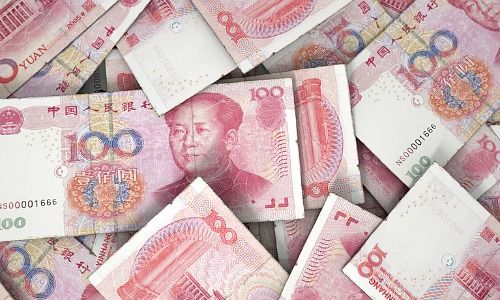Chinese Capital Outflow Continues
The surge of Chinese capital has continued to find its way into the major real estate markets around the world. Is there more to come through the rest of the year?
Global gateway locations have seen undiminished interest from Chinese investors, who are driven by Chinese economic and policy factors and are attracted by favourable local market conditions in gateway cities.
China’s capital outflow control has been a push factor so far, but it could prove to be a double-edged sword. Stringent requirements have made it difficult for some investors to secure foreign exchange clearance.
Chinese Outbound Investment
The Knight Frank report titled «Changing Currents, Rising Tides» shows that Chinese capital outflow continued strongly through the first half of 2016, with a total of $10.7 billion invested. the US is now firmly established as the most important destination for Chinese capital, having attracted $5.1 billion worth of Chinese investment in the first 6 months of 2016, with the U.K., Hong Kong and Australia next in line.
There are challenges ahead however as China’s capital outflow control was designed to prevent the erosion of the country’s vast foreign exchange reserves, but its stringent requirements have made it difficult for some investors, mainly smaller ones, to obtain foreign exchange clearance.
Some sizeable investors have invested through overseas subsidiaries, but these subsidiaries may run out of funds if the grip on foreign exchange reserves is not loosened.
Where Are They Investing?
- United States – The Favourite
In the U.S., New York attracted 80 percent of Chinese investment in the country. A large share of this (62 percent) was in office deals, as Chinese institutional capital continued to chase trophy assets. As the Fed-led low interest-rate environment persists, Chinese investors will continue to favour tangible assets such as real estate.
- Great Britain – No Brexit Hangover,Yet
The economy’s perceived stability and London’s status as an international financial centre contributed to the UK’s 75 percent year-on-year increase in Chinese investment before Brexit. Private banks and conglomerates became a key part of the investment landscape, which was previously dominated by large insurance companies. Chinese investors’ interest in the city seemed unabated after Brexit, with a number of major office transactions completing since July.
- Friendly Neighbour
Hong Kong has attracted Chinese investors thanks to increased financial cooperation and its position as the international financial centre closest to the Chinese mainland. Currency and stock connect schemes between Hong Kong and the China also attracted new investor and tenant demand. Owning commercial property space is an attractive option for Chinese investors due to Hong Kong having the world’s highest office rents.
- The Lucky Country
In Australia the volume of office deals dropped 65 percent and hotel deals dropped 42 percent. Nonetheless, Chinese capital is drawn mainly to Sydney and Melbourne’s office markets given their short supply and rental growth prospects. One important observation is that Chinese developers are now looking to diversify into income producing properties.



























